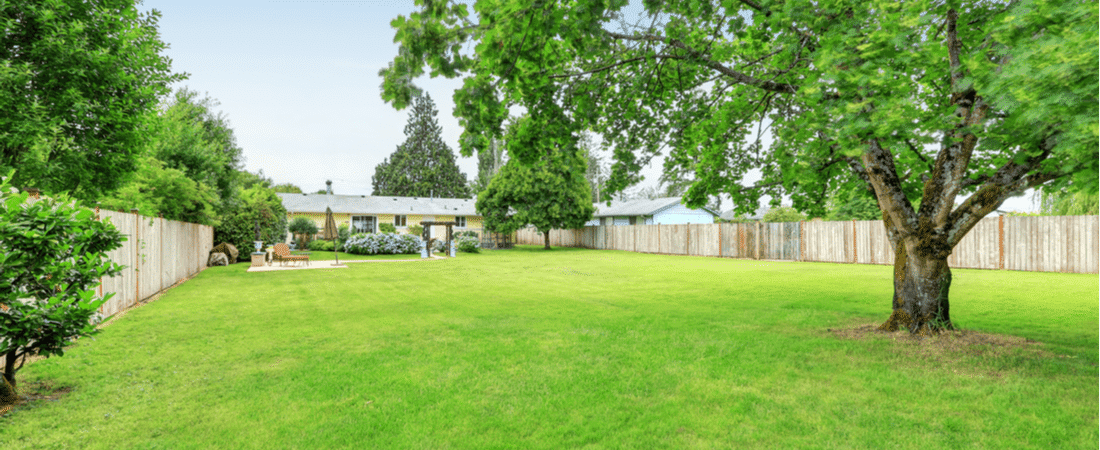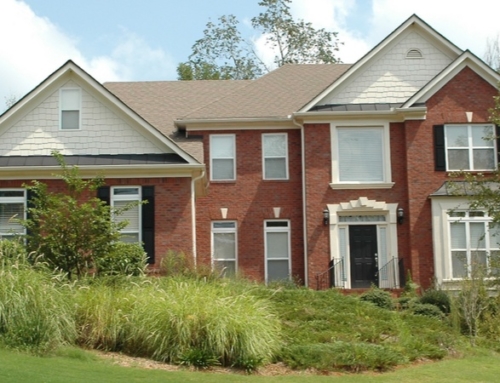Selling off a portion of home lot. Do you have to pay capital gains tax when you sell a few acres of land where your primary residence is located?
Q: We bought a home on a 5.33 acre property 5 years ago for $419,000. We are in the process of sub-dividing 2.5 acres for sale at $300,000.
We will continue to live in the home that remains. Are we required to pay capital gains on the sale of primary residence property? If so, how does one determine what the capital gains should be?
Selling Off A Portion Of Home Lot
A: You are not required to pay capital gains taxes on the sale of residential property as long as you have lived in the home for 2 of the past 5 years. The capital gains exclusion is up to $250,000 if you’re single and up to $500,000 if you’re married.
But, you are selling land, not your home, in which you will continue to live. Once you subdivide your property, you will be selling vacant land, albeit land that you’ve owned for more than five years.
According to IRS Publication 523, if you sell the land on which your main home is located, you may not exclude any gain from the sale of land. You will be required to pay capital gains tax on the sale of the vacant land (which has been a phenomenal investment) to the tune of 15 percent, plus any state capital gains tax that is owed.
Minimizing Tax Consequences
Please talk to your real estate attorney about what you can do to minimize the tax consequences of the sale. It’s possible that you can do a 1031 tax free exchange which will allow you to defer capital gains tax by purchasing a replacement investment property that costs at least a much at the property you’re selling.
Also, you should talk to a good accountant to determine what the value of the land was when you bought your home. Without knowing what the value was when you purchased your home, you will have a hard time determining what your profit is from the sale.
Keep in mind that the price you paid for the property included the value of the land and the value of the home. If two-thirds of the value of the property was in the land, and the house itself was only worth one-third of the purchase price, the profit you now show from the sale of the land may be smaller than you think.
An accountant should be able to help you apportion value and determine what you should have to pay in taxes when you sell the land.
More on Topics Related to Selling Land
How to Know if You’re Getting a Correct Land Survey
Is a Land Swap a Good Way to Clear Up Boundary Line Issues?
Why You Need to Get a Land Survey When Buying Property
Land Contract Purchase: When Do You Own The Property?
How Easy Is It To Finance Vacant Land?









Leave A Comment